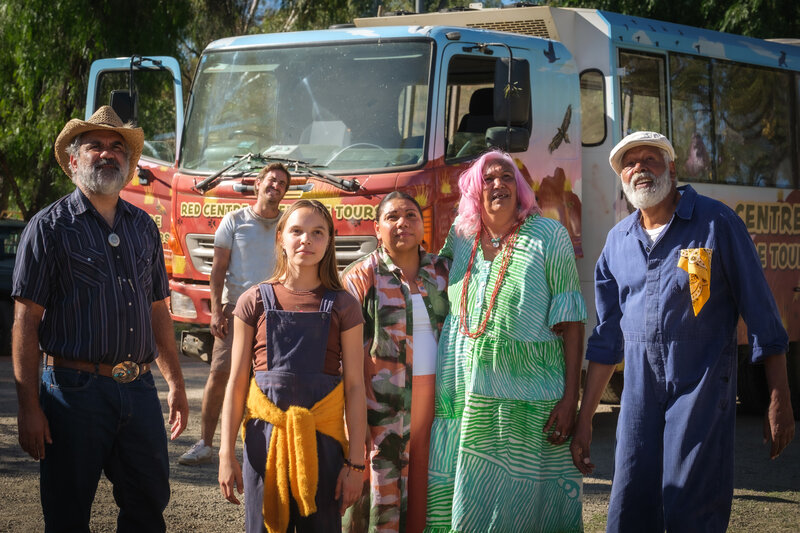In The Hate U Give, 16 year-old Starr Carter (Amandla Stenberg) is caught between two worlds. She lives with her African-American family in the ironically named Garden Heights, an impoverished black neighbourhood in Georgia; but she attends Wilmington Prep, a prestigious primarily white school in a more affluent neighbourhood. At school, Starr carefully protects her identity and hides the truth about where she comes from. She also has a boyfriend in the handsome Chris (K J Apa).

But her situation grows more complicated when she attends a party and reconnects with a former childhood friend Khalil (Algee Smith). He now works as a drug dealer for local crime kingpin King (Anthony Mackie). A fight breaks out at the party, shots are fired, and Khalil drives Starr away from the scene. They’re pulled over by a police car. Khalil gives the white policeman a bit of attitude and is shot and killed by the nervous rookie. Starr faces a dilemma. The police are eager to justify the shooting and want to make the case all about Khalil’s drug dealing past. But if Starr – the only witness – talks, then her friends at school will find out the truth about her origins.
And King himself doesn’t want any undue attention on his activities in the heated aftermath of the shooting. He threatens Starr to ensure she remains quiet. Starr’s father Maverick (Russell Hornsby) used to work for King, but having served time he’s gone straight and runs a local convenience store. He’s instilled in Starr and her younger brother a healthy distrust of the police, even though their uncle Carlos (Common) is a police officer. Maverick himself is caught between protecting his family and adhering to the old saw that what happens in the ‘hood stays in the ‘hood. Starr’s mother Lisa (Regina Hall) is the voice of reason at home.
Most films based on YA novels tend to be romances or dystopian sci-fi tales. So it’s a little surprising to find one that’s thought-provoking and tackles such mature themes as racism, injustice, and black identity. But that’s what we get in The Hate U Give, which is based on the best-selling 2017 novel by Angie Thomas. It remained on the New York Times bestseller lists for 50 weeks. The novel takes its title from a quote from rapper Tupac Shakur, who was apparently a huge influence on Thomas when she was growing up. The script by the late Audrey Wells (A Dog’s Purpose) shows how violence and hatred are self-perpetuating cycles. The Hate U Give doesn’t provide easy answers to some difficult questions or moral ambiguities.
The Hate U Give is an emotionally-charged tale that carries plenty of contemporary resonance, especially for African-American audiences. It’s an important story that deserves to be told.
This is the type of film about the African-American experience that filmmakers like Spike Lee or John Singleton would have made a couple of decades ago. But whereas they would have suffused the material with a palpable edge of anger and rawness, some of this vital edge is missing from the straightforward direction of George Tillman Jr (Soul Food). His handling of the material is adequate without being flashy or didactic. The voice over narration becomes a little heavy handed and the film also seems a little too long for what it has to say.
Nonetheless, Till draws some superb performances from his main cast. Especially good is Stenberg (The Darkest Minds) in her biggest role to date. Starr is smart, angry, vulnerable and confused; and Stenberg manages to convey these emotions in her layered and complex attention grabbing performance. Hornsby (Fences) gives a layered and at times tender performance as her father, while Mackie (The Hurt Locker) oozes menace.
Director: George Tillman Jr
Cast: Amandla Stenberg, Russell Honrsby, Regina Hall, Common, Anthony Mackie
Release Date: 31 January 2019
Rating: M
Greg King
Other reviews you might enjoy:

Greg King has had a life long love of films. He has been reviewing popular films for over 15 years. Since 1994, he has been the film reviewer for BEAT magazine. His reviews have also appeared in the Herald Sun newspaper, S-Press, Stage Whispers, and a number of other magazines, newspapers and web sites. Greg contributes to The Blurb on film





